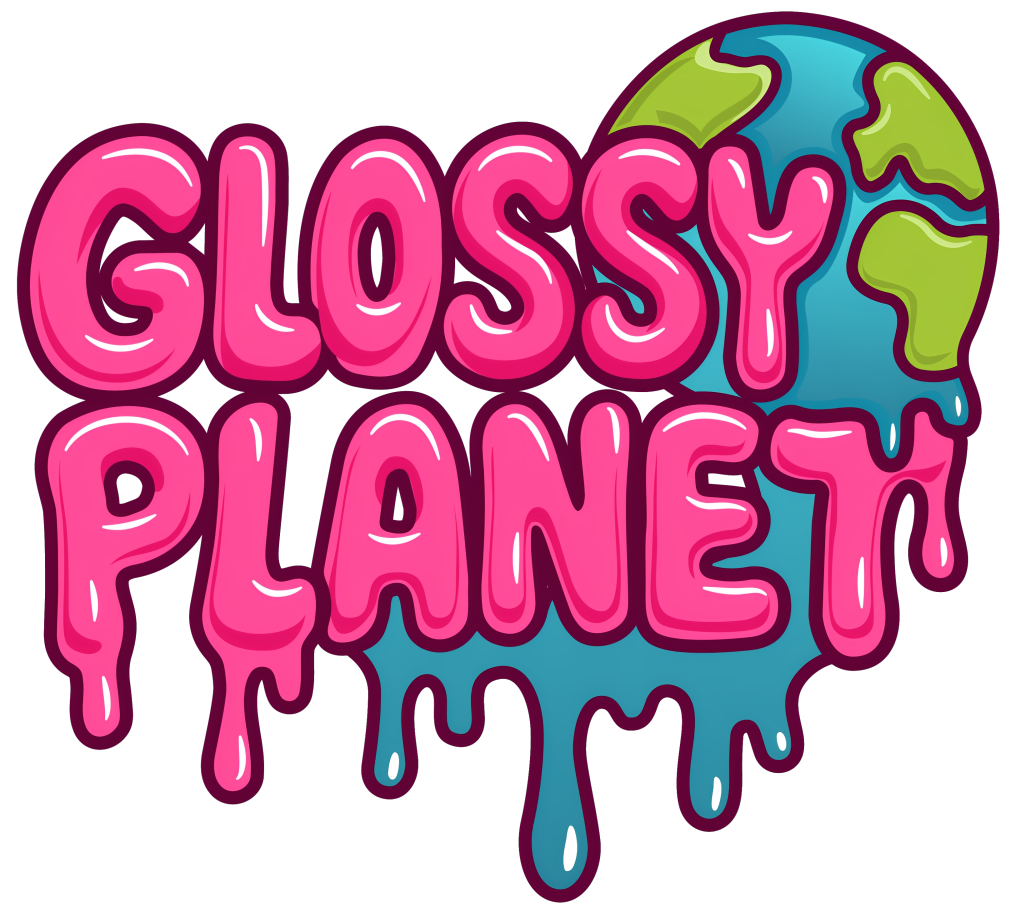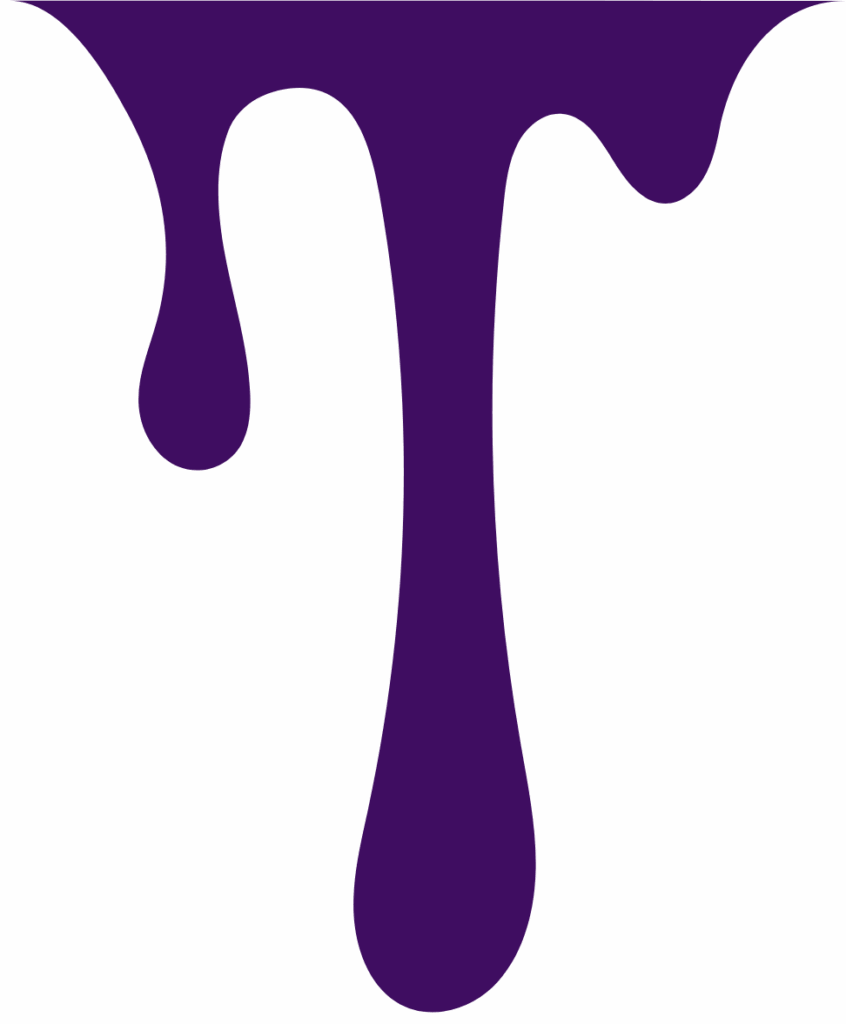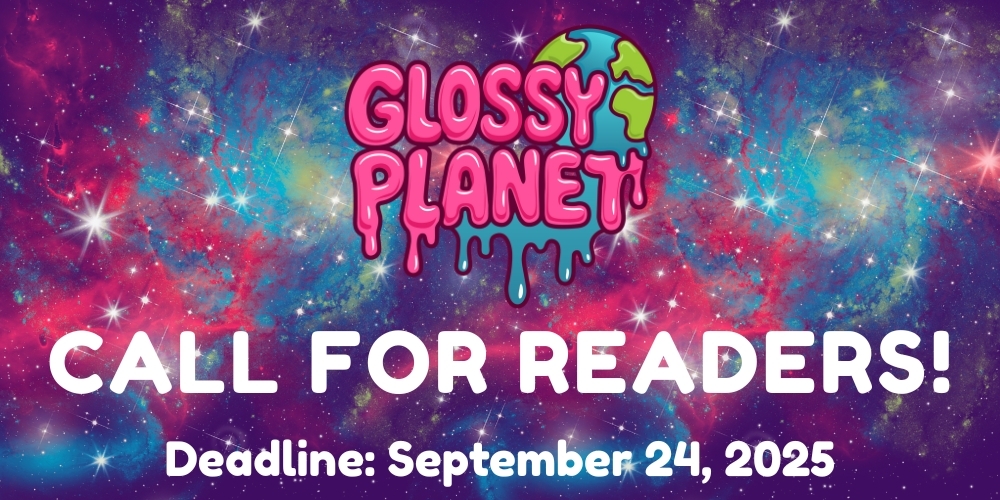At Glossy Planet, we want to publish work that makes us stop and feel something—but what does that actually mean, and what different forms can that take? Here is a collection of work across genres that interact with narrative, form, and genre in ways that lingered with us after reading.
“Obit” by Victoria Chang
How do you describe grief? In “Obit,” Victoria Chang uses unexpected language to describe the experience of handling her mother’s false teeth: when she shoves the teeth into her mouth “having two sets of teeth only made me hungrier,” and her mother’s words were in a ring around her mouth “like powder from a donut.” These lines are deeply evocative and a little unsettling, a sentiment that is paid off again at the end: “I always knew that grief was something I could smell. But I didn’t know that it’s not actually a noun but a verb. That it moves.” This prose poem takes the shape of a short obituary, and the form complements and accentuates the meaning: we grieve those in obituaries, and this poem gives the narrator a way to grieve the pieces her mother left behind.
Kathy Fish wrote this piece after the 2017 Las Vegas Shooting, and it’s a gut-punch that captures the ways in which language fails us. It has been described as a poem, flash fiction, and creative nonfiction. (Fish said, “I think it’s sort of a hybrid piece, a prose poem. Doesn’t matter.”) The structure takes the reader on a very intentionally measured journey, starting from a place of safety and then shifting into something surprising, harrowing, and tragically familiar.
This was one of the first stories I encountered in my undergraduate program that showed me what nontraditional forms could accomplish. “Problems for Self Study” is presented as a word problem that ostensibly follows the dissolution of a marriage, but it is also a metafictional exercise in how a story can shift depending on how you read it—is the plot actually happening, or is the protagonist using the word problem structure to explore one possibility out of all that could exist? (For more on this, read Brandon Williams’s essay on The Masters Review. Hi Brandon!)
Flash fiction sometimes feels like a “I know it when I see it” situation, particularly because telling a story in less than 1,000 words can sometimes feel like an impossible task. But when it lands, oof, it packs a punch. This piece by Sophie Hoss clocks in at just 208 words, but it captures all the best parts of flash: it evokes a complete, concentrated world that points to complexities outside of itself, to borrow from Sadye Teiser’s definition. It begins with tension, and then shifts into a shared knowing—the reader, the narrator, and Beatrice know that they aren’t receiving the truth, but they accept the fabrication anyway.
“Swerve” by Brenda Miller
This brief nonfiction essay contains multitudes: deeply evocative language that starts with a single object, then pulls out to broaden the scope, becoming an essay about being in an abusive relationship and apologizing not only to the abusive partner, but also a younger version of the author’s self—the one stuck in that relationship. If “Swerve” also spoke to you, check out Brenda Miller’s story about how she wrote the piece.
Glossy Planet only publishes pieces up to 1,000 words (prose) or up to two pages (poetry), but I also wanted to shout out two nontraditional novels that have stuck in my brain ever since I read them:
Metallic Realms by Lincoln Michel
I reviewed Metallic Realms when it was released earlier this year, and I still find myself thinking about this strange, hilarious, and occasionally devastating novel, which is a blend of autofiction, space opera, and Pale Fire meets Star Trek. We have a narrator who’s just a weird little freak, chapters interspersed with sections from the fictional writing group’s science fiction epic, and a storyline that not only laments what it means to be a writer today but also examines the power of obsession and creativity.
Split Tooth by Tanya Tagaq
Canadian Inuk throat singer Tanya Tagaq is also an actor, visual artist, and novelist, and her 2018 novel Split Tooth blurs the boundaries between prose, poetry, and memoir. It follows a young Inuk woman growing up in the Canadian Arctic, but it also melds spiritual and physical worlds, and part of that melding happens through unexpected shifts in form as Tagaq explores Inuit identity, the impact of colonialism, and the legacy of historical trauma.
Send us your weird, urgent, and unconventional writing. View upcoming Glossy Planet challenges here.




